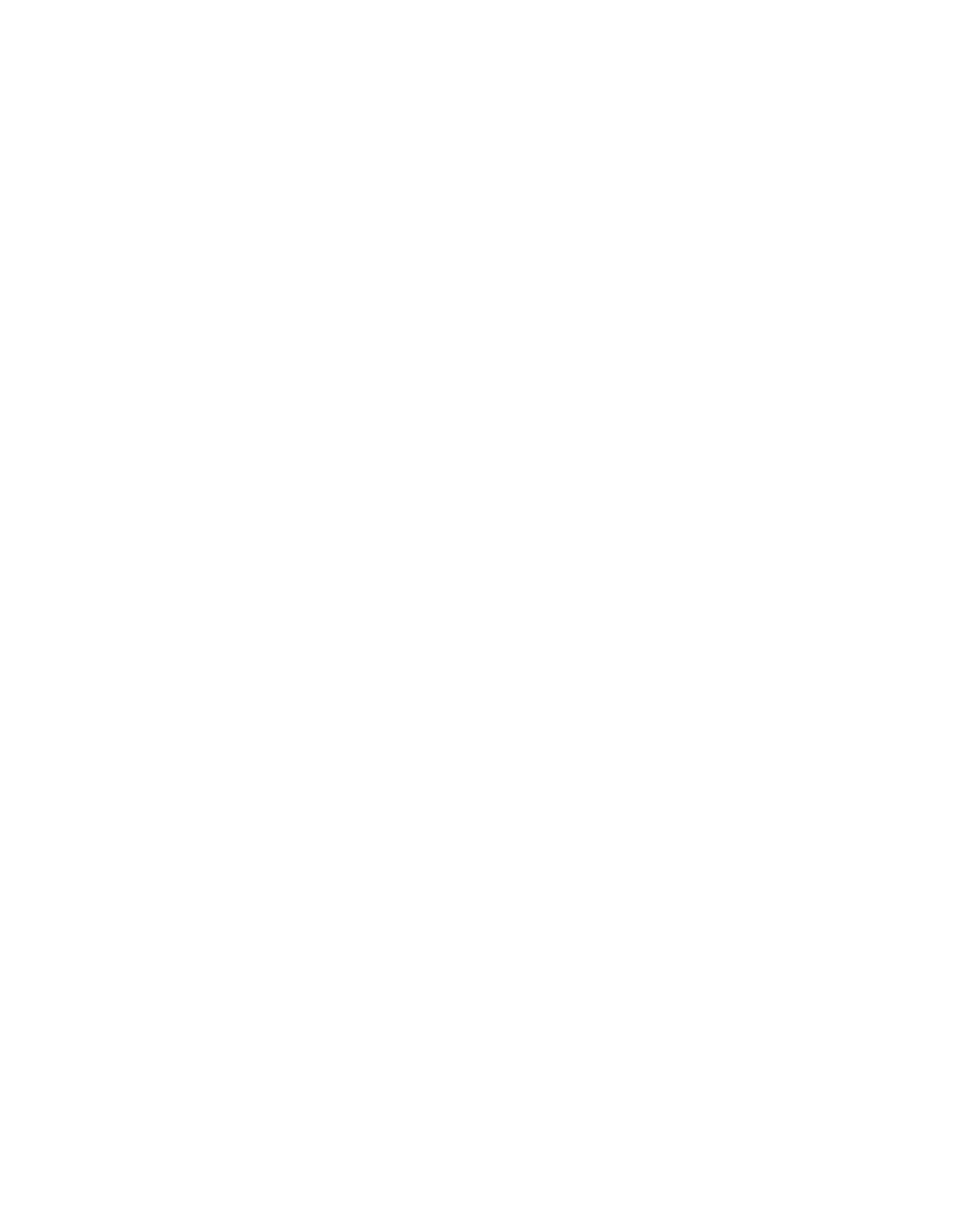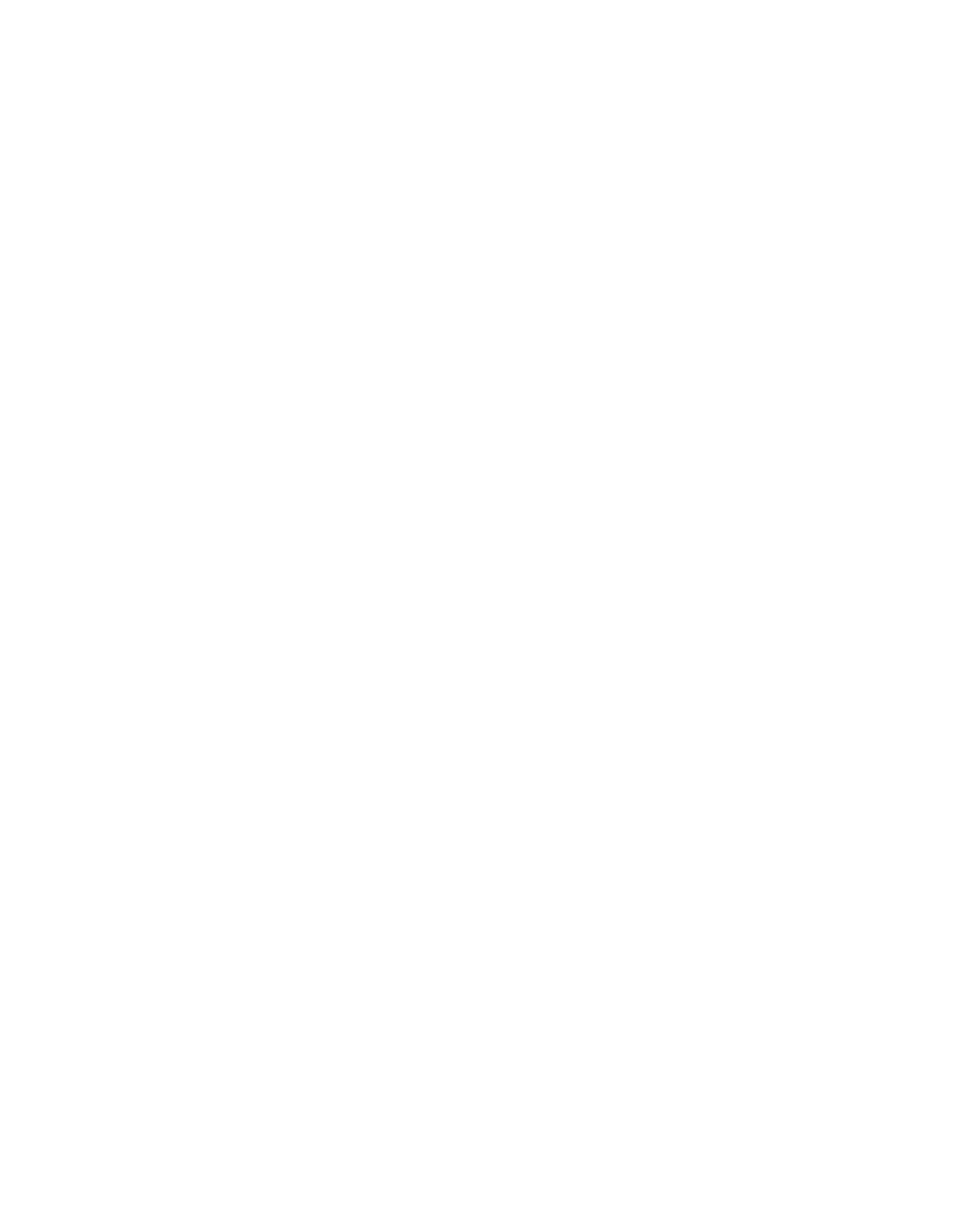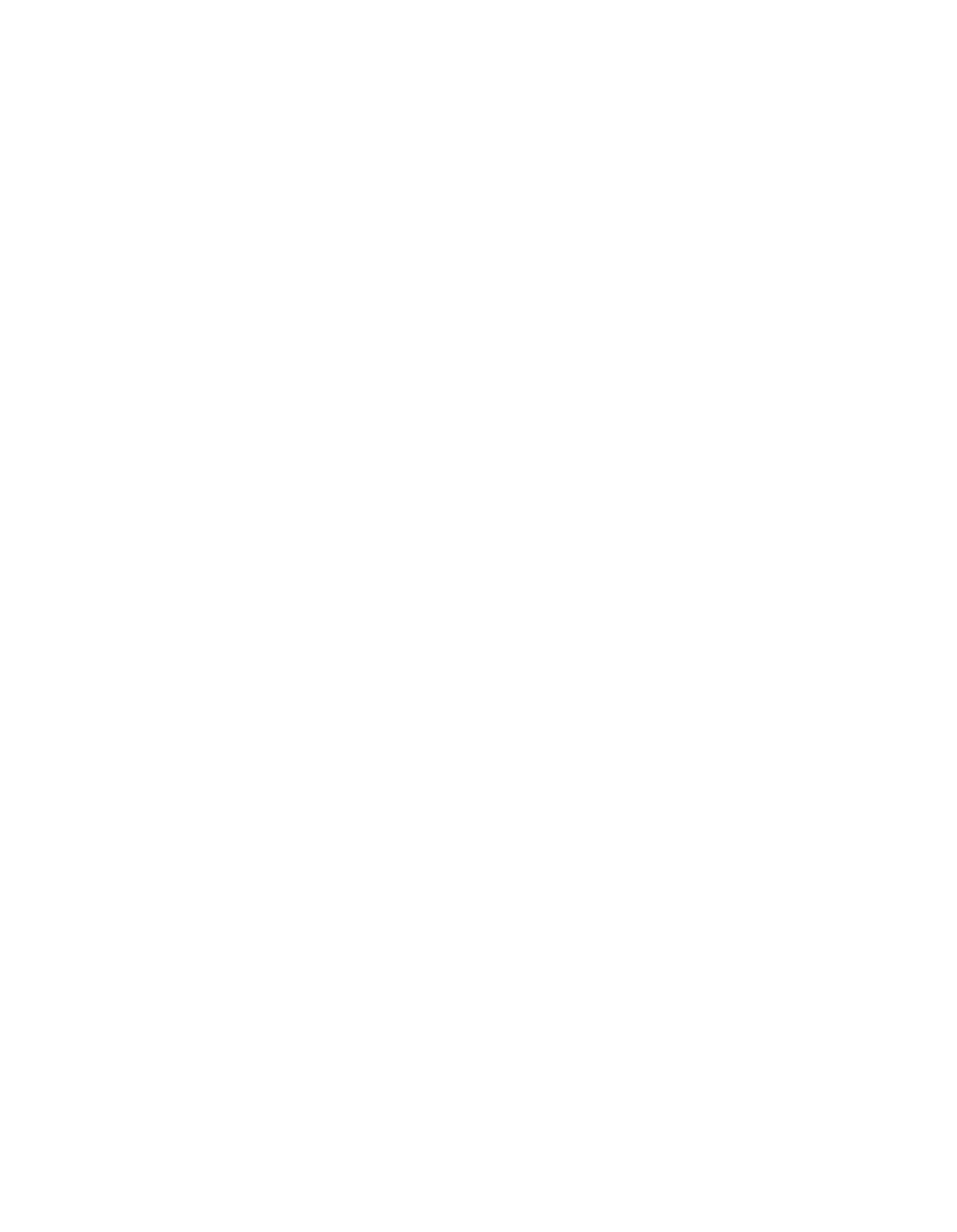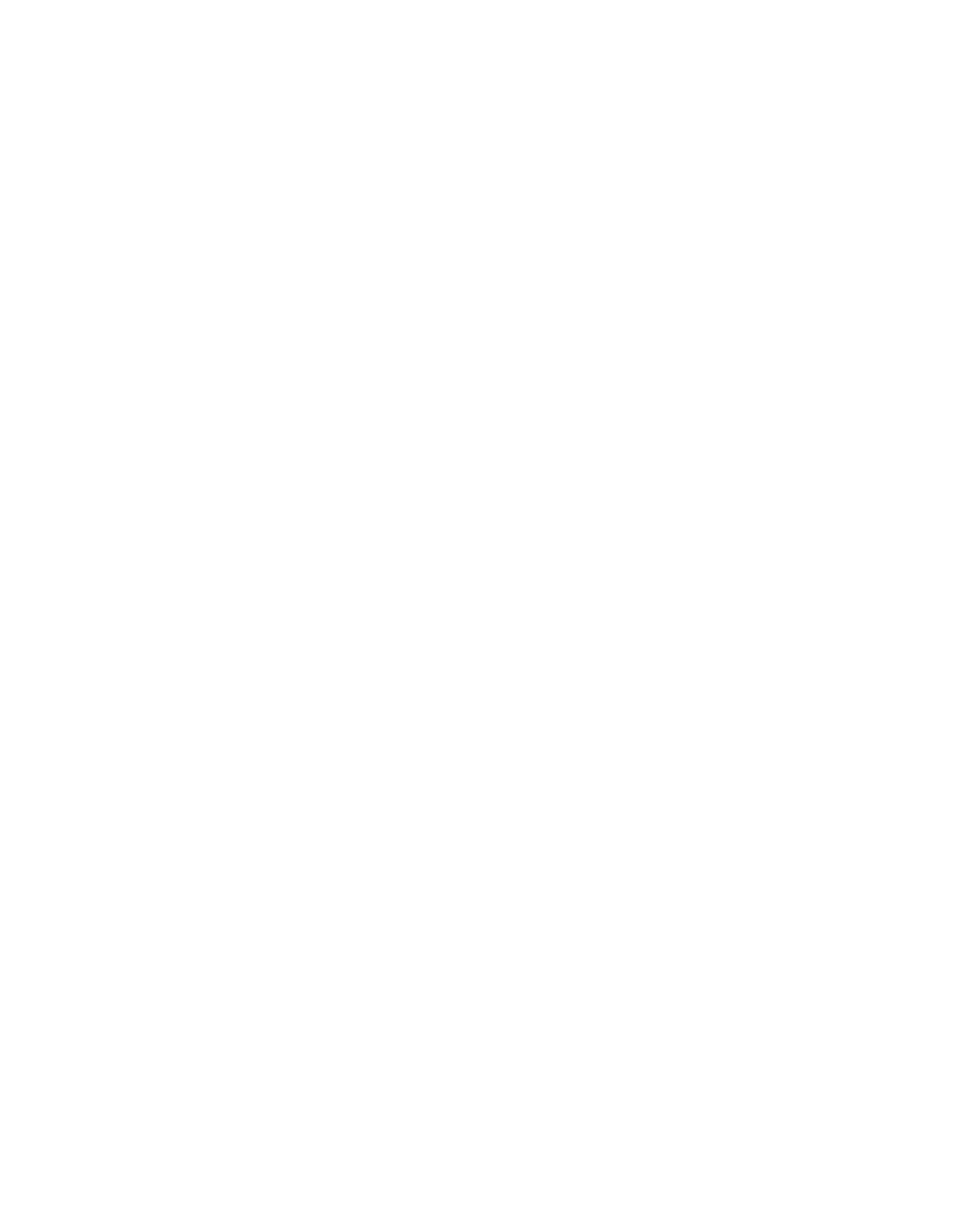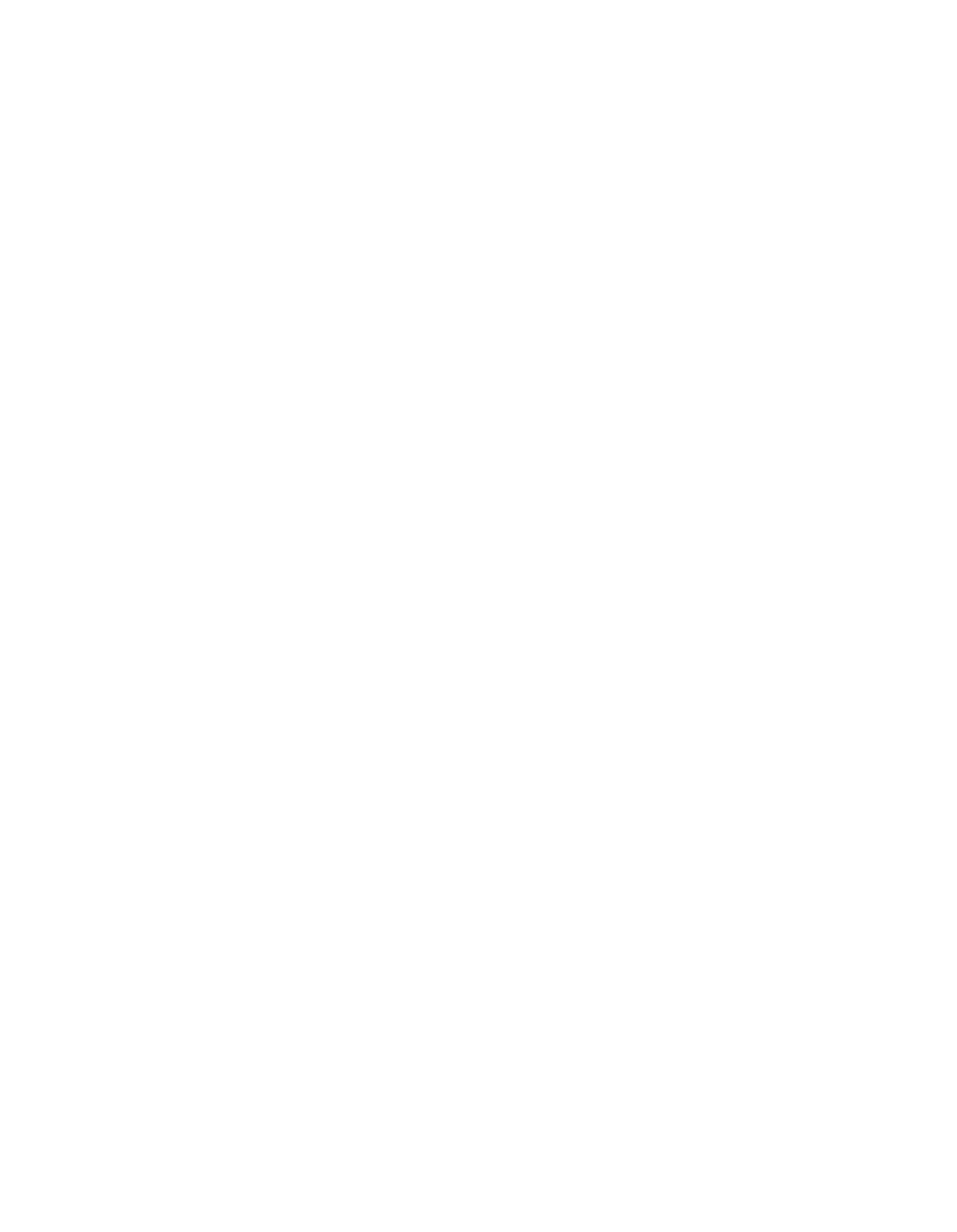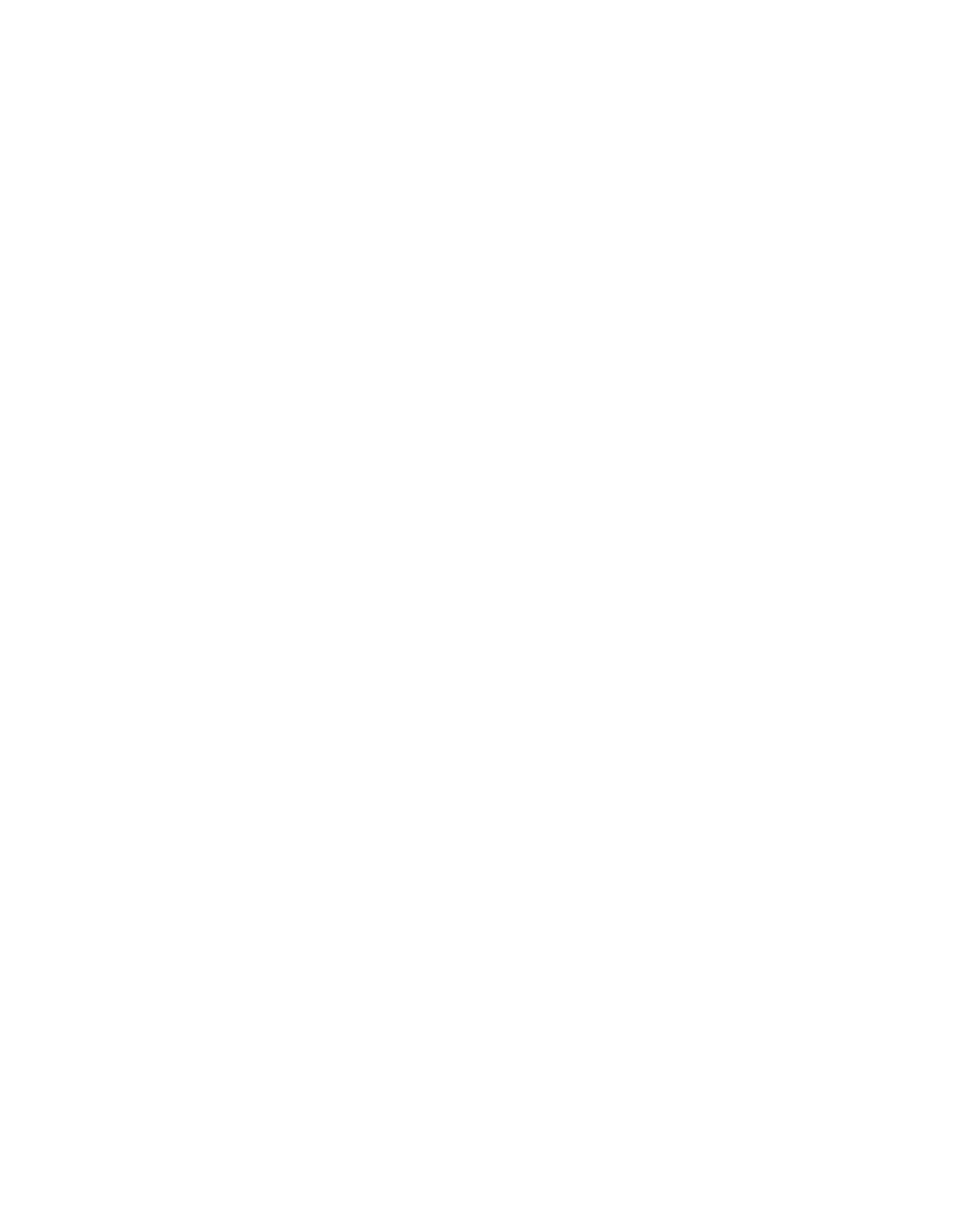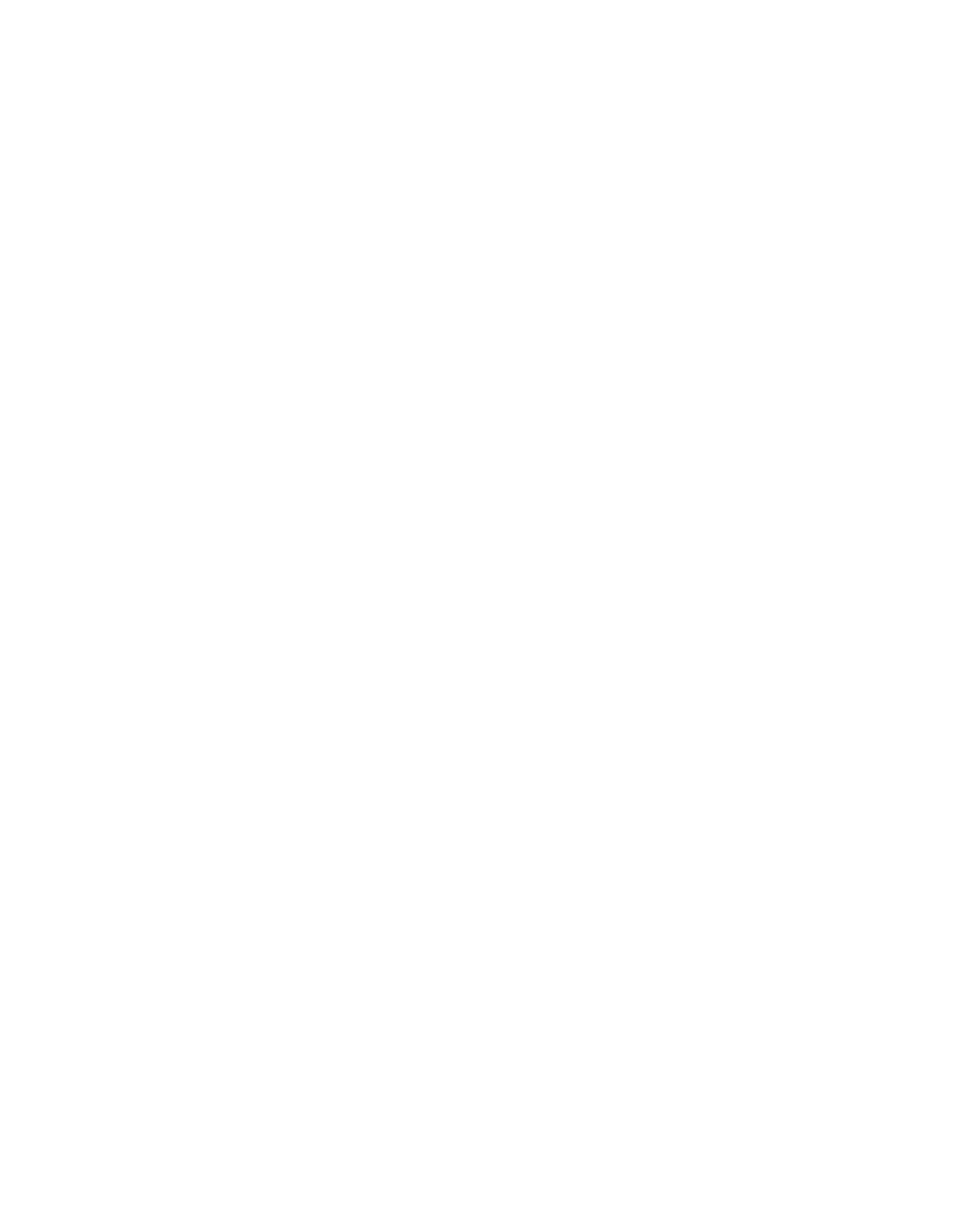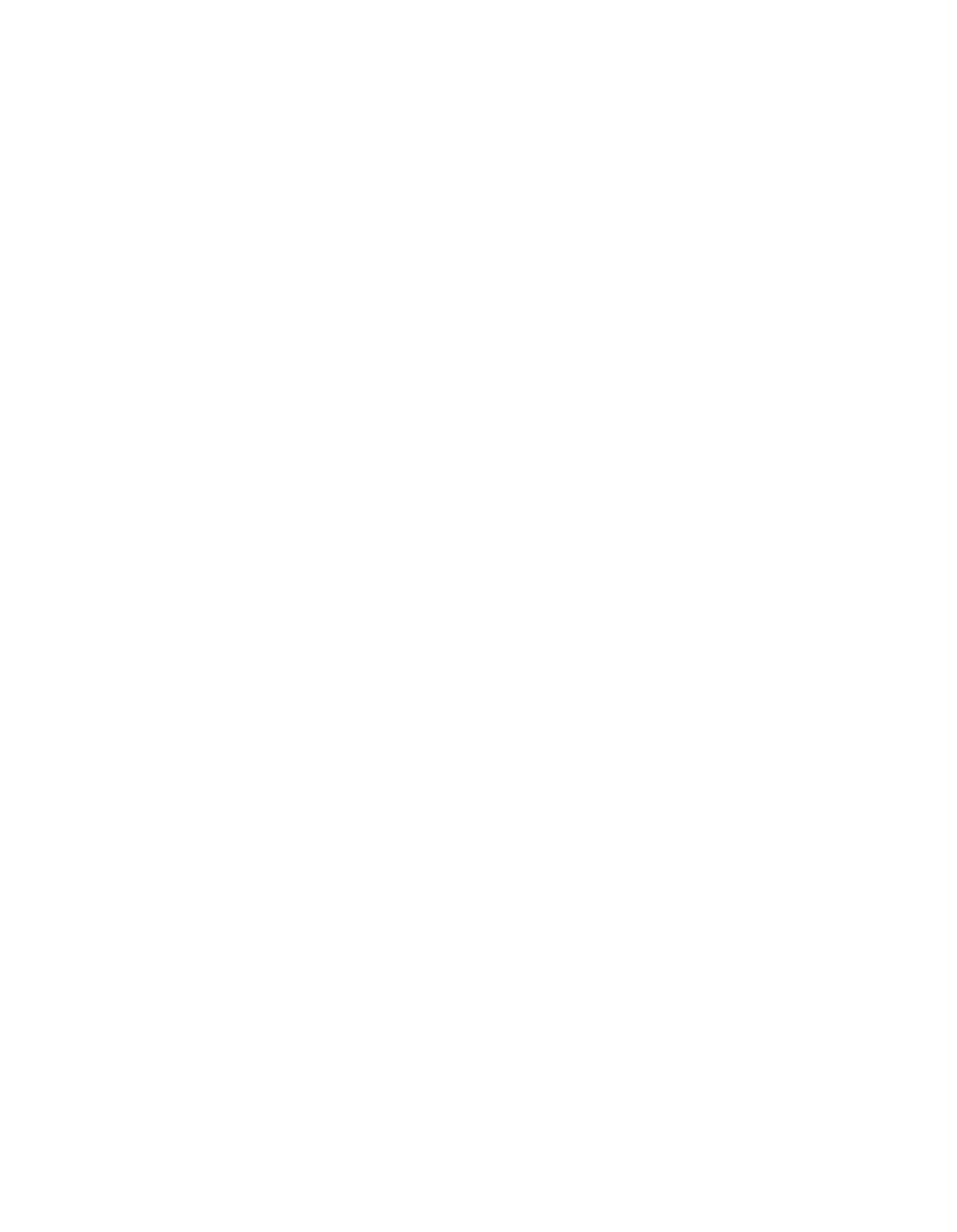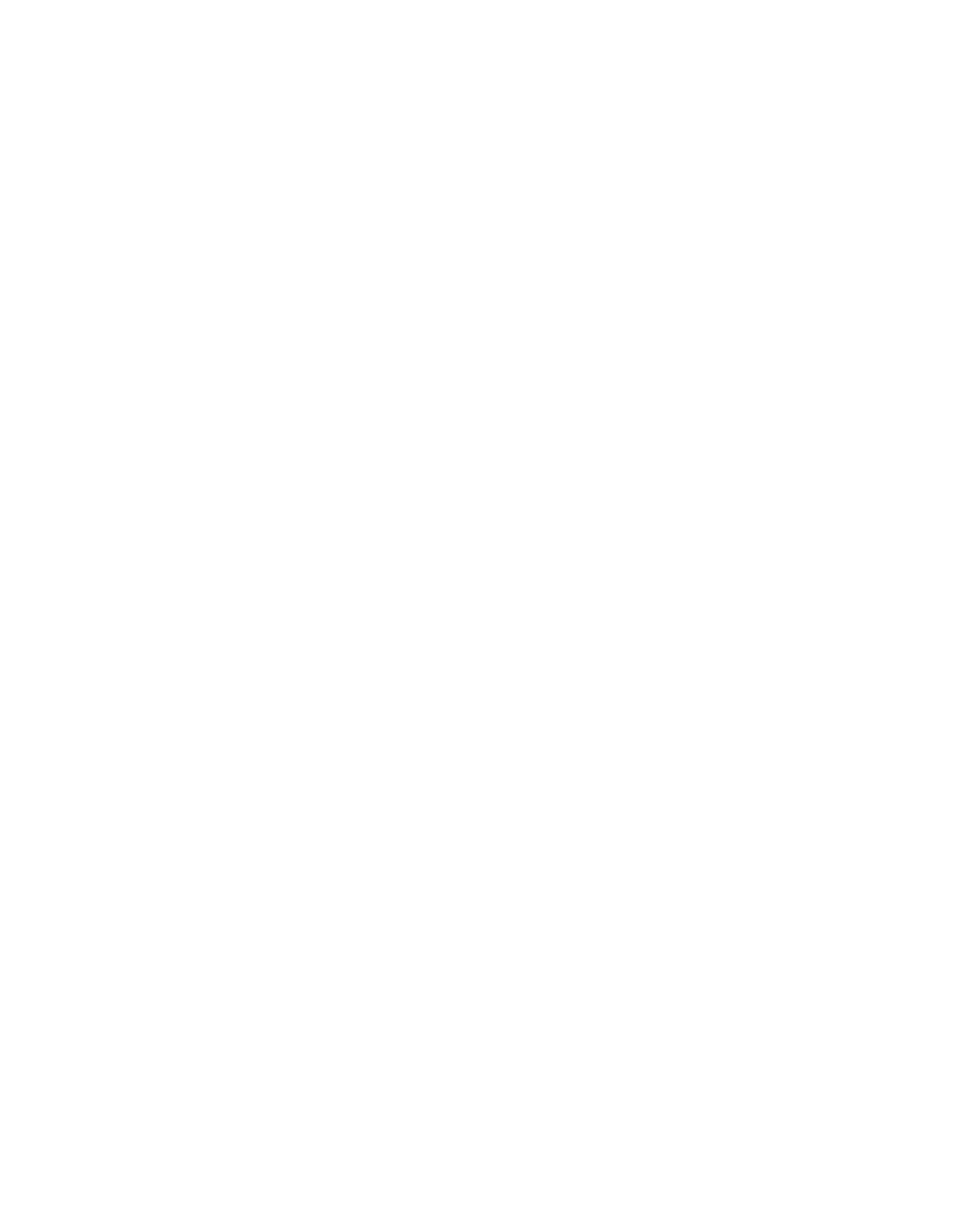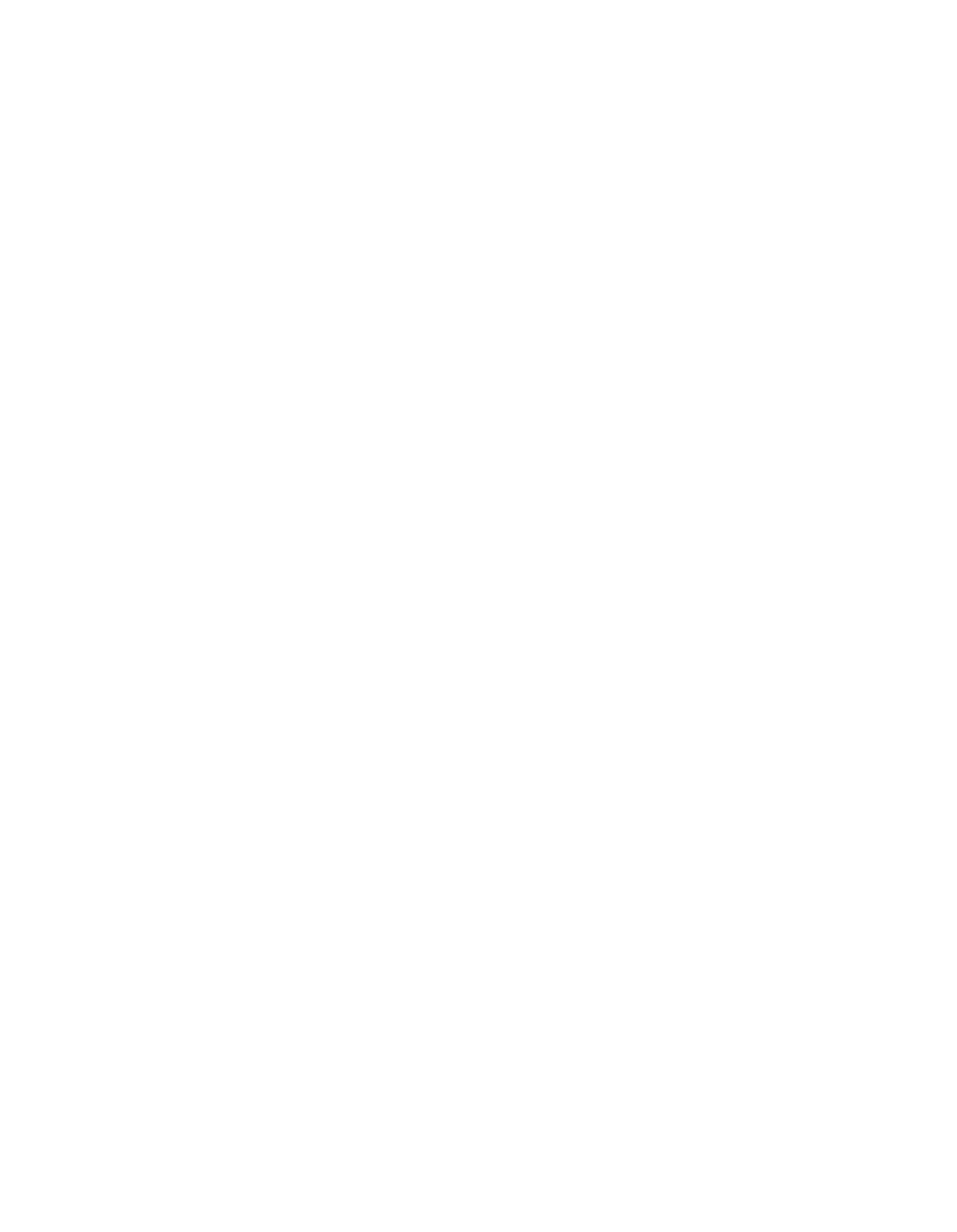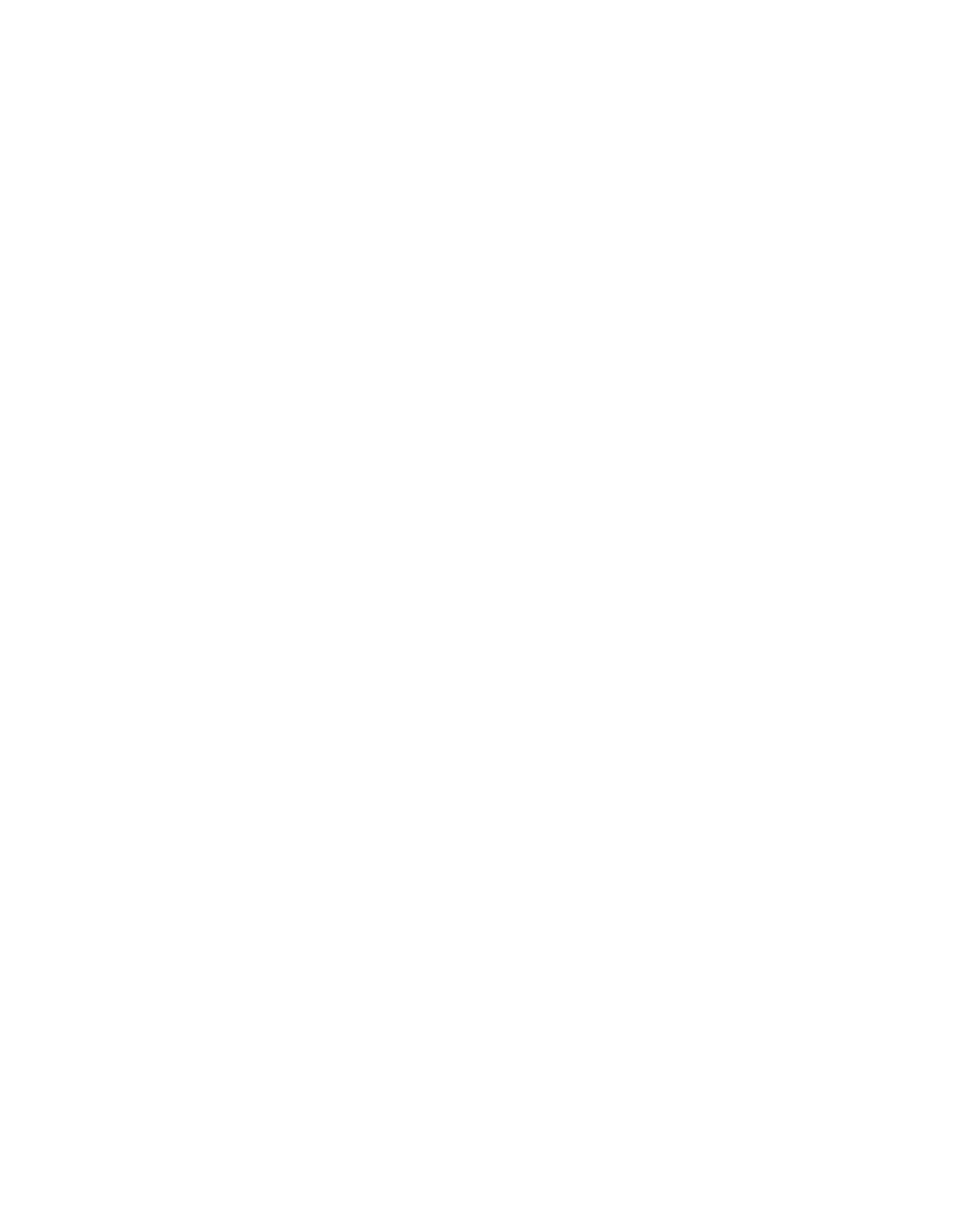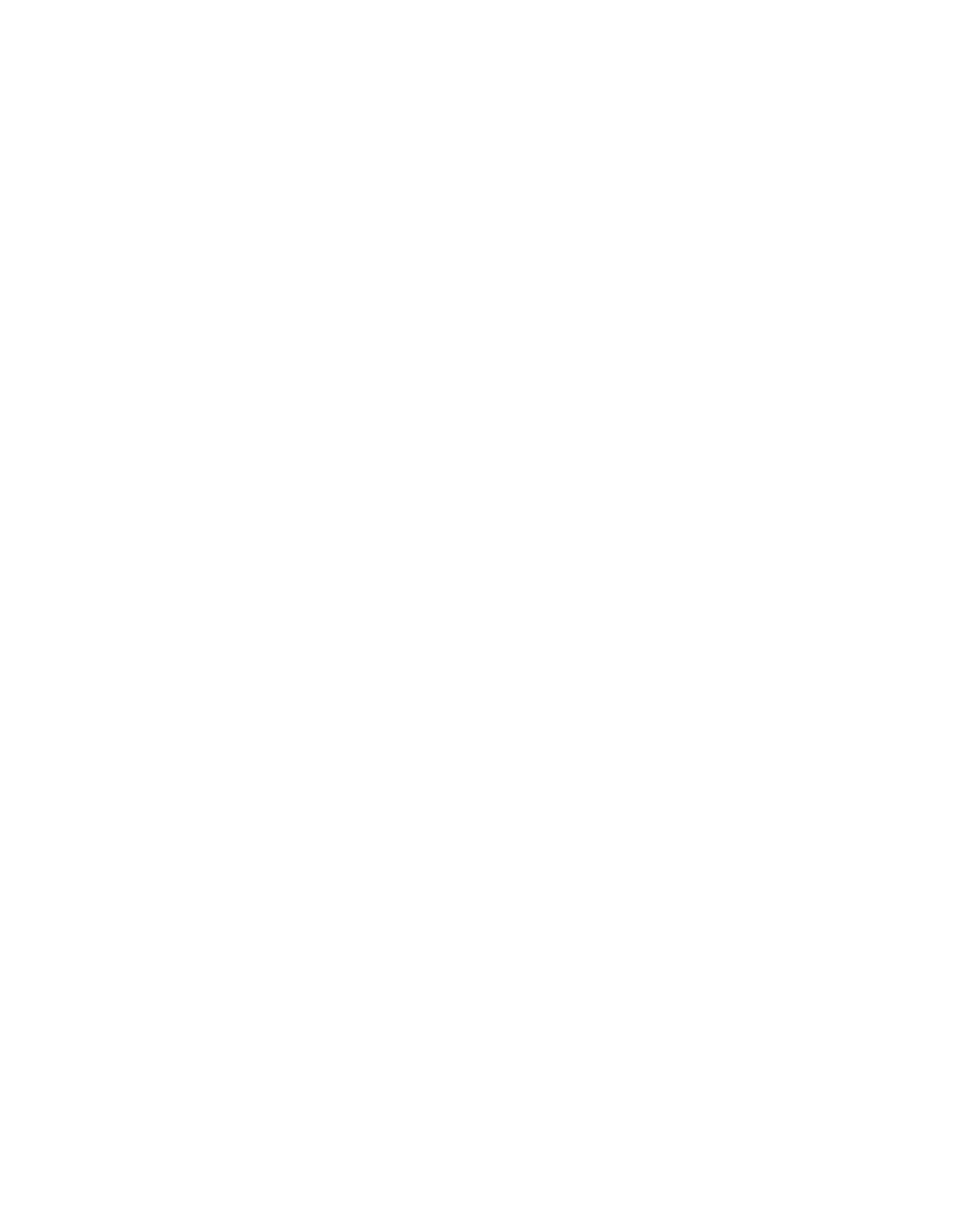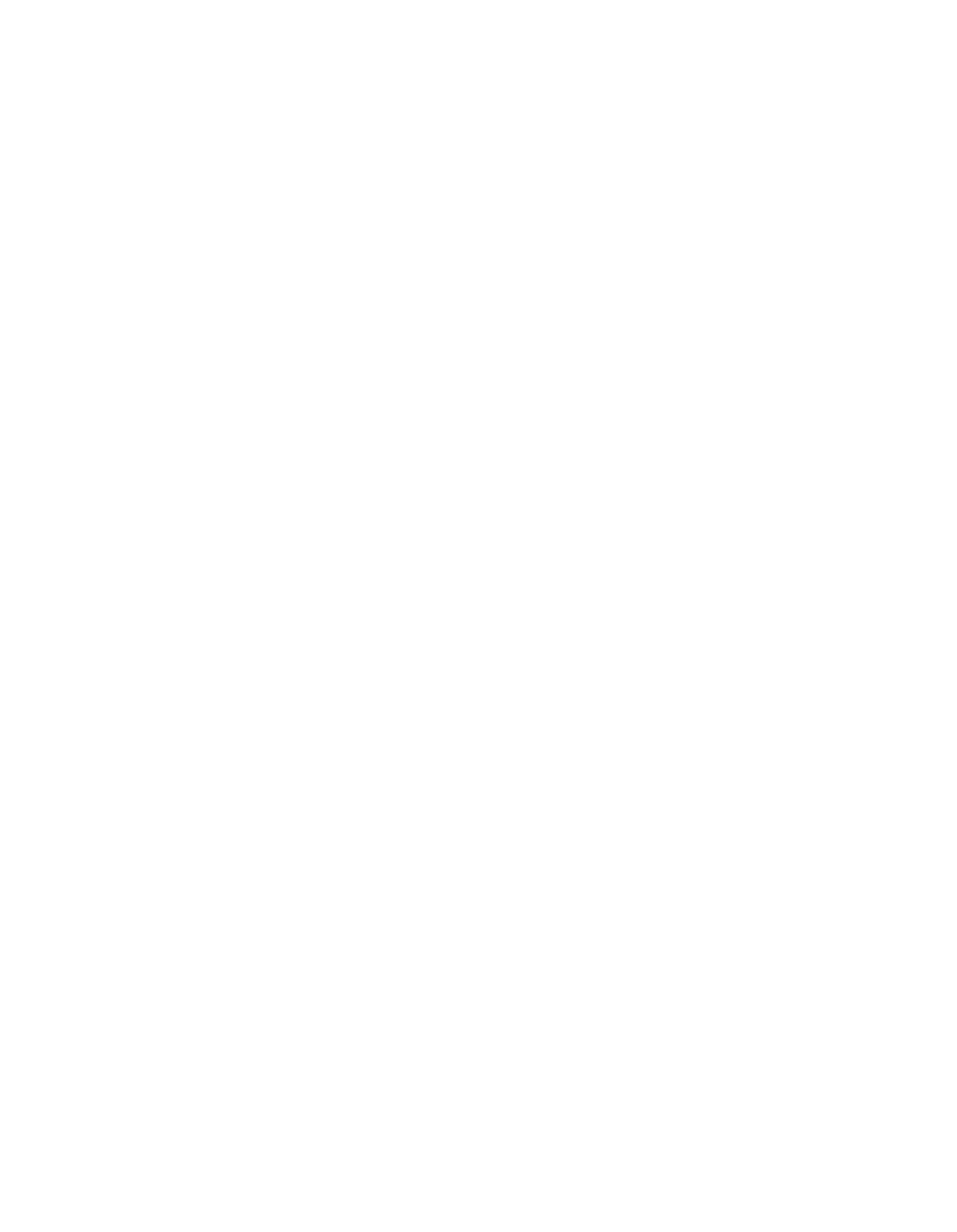ILLINOIS POLLUTION CONTROL BOARD
March 22, 1990
BRIAN J. PETER,
)
Complainant,
v.
)
PCB 89—151
(Enforcement)
GENEVA MEAT AND FISH MARKET and
GARY PIKULSKI,
Respondent.
MR. L. LEE PERINGTON APPEARED ON BEHALF OF COMPLAINANT.
INTERIM OPINION AND ORDER OF THE BOARD (by R. C. Flemal):
This matter comes before the Board upon a complaint filed
September 12, 1989 by Brian J. Peter. The complaint alleges that
Respondent, the Geneva Meat and Fish Market and its owner, Gary
Pikulski, are in violation of the Boards prohibition against
noise pollution found at 35 Ill. Adm. Code 900.102 and 901.102.
Hearing was held January 17, 1990 at the Geneva City Hall,
Kane County, Illinois. Respondent did not appear at hearing, nor
has he otherwise participated in this matter in any form.
APPLICABLE REGULATIONS
Title VI of the Illinois Environmental Protection Act
(“Act”), Ill. Rev. Stat. 1987, ch. ll1~, par. 1023 et seq.,
provides procedures and standards for noise control. Sections 23
and 24 of that Title provide:
Section 23
The General Assembly finds that excessive noise
endangers physical and emotional health and well-
being, interferes with legitimate business and
recreational activities, increases construction
costs, depresses property values, offends the senses,
creates public nuisances, and in other respects
reduces the quality of our environment.
It is the purpose of this Title to prevent noise
which creates a public nuisance.
109—531
—2—
Section 24
No person shall emit beyond the boundaries of his
property any noise that unreasonably interferes with
the enjoyment of life or with any lawful business or
activity, so as to violate any regulation or standard
adopted by the Board under this Act.
These statutory sections are implemented in administrative
law in two ways. First, the Board has adopted at 35 Ill. Adm.
Code 900.102 a general, “narrative” standard:
Section 900.102 Prohibition of Noise Pollution
No person shall cause or allow the emission of sound
beyond the boundaries of his property, as property is
defined in Section 25 of the Illinois Environmental
Protection Act, so as to cause noise pollution in
Illinois, or so as to violate any provision of this
Chapter.
Noise pollution is defined at 35 Ill. Adm. Code 900.101 as:
Noise pollution: the emission of sound that
unreasonably interferes with the enjoyment of life or
with any lawful business or activity.
In effect, Section 900.102 thereby establishes a regulatory
public nuisance standard for noise control using the statutory
phrase “unreasonable interference with the enjoyment of life or
with any lawful business or activity”.
The statutory sections of the ~ct are also implemented via
the numerical emissions standards found at 35 Ill. ~dm. Code
901.102 et see. In pertinent part, Section 901.102 establishes
limits on noise emitted to residential land (Class A land) from
commercial land (Class B land). Limits are expressed as maximum
allowable sound pressure levels, measured in decibels (“dB”).
The decibel scale is such that a 10—unit increase in dB level is
equivalent to an approximate doubling in the perceived loudness
of a sound. Section 901.102 also recognizes that perception of
sound and annoyance related to sound are dependent on both
frequency (pitch) of the sound and the circumstances under which
the sound is heard. As regards the latter, noises are more
readily perceived, and hence potentially more disturbing, during
the sleeping hours. Thus, Section 901.102 establishes different
levels of allowable emissions as a function of sound frequency,
as well as different allowable emissions for daytime (7 AM to 10
PM) and nighttime (10 PM to 7 AM) hours. Numerical limitations
to Class A land from Class B land are as follows:
109—532
—3—
Octave Band
Allowable Emissions
Center Frequency
Level (dB)
(Hertz)
Day
Night
31.5
72
63
63
71
61
125
65
55
250
57
47
500
51
40
1000
45
35
2000
39
30
4000
34
25
8000
32
25
35 Ill. Adrn. Code 900.102 establishes a more general
“narrative” prohibition against causing or allowing noise
pollution within the State of Illinois.
BACKGROUND
Mr. Peter resides at 117 North 5th Street, Geneva, Illinois
in a home owned by his mother and grandmother (“Peter
residence”); he has resided at this location for approximately
four years (R. at 7—8). The Board finds that the Peter residence
is located on Class A land, pursuant to 35 Ill. Adin. Code
901.101(a).
The Peter residence is located immediately north of property
occupied by the Geneva Meat and Fish Market, located at 425
Hamilton Street, Geneva, Illinois. The Board finds that the
Geneva Meat and Fish Market property is Class B land, pursuant to
35 Ill. Adni. Code 901.101(b).
The Geneva Meat and Fish Market building was constructed in
1987 (R. at 8). Am9ng the features of the building are
refrigeration units1 located on top of the building and certain
piping facilities located along the wall of the building which
faces the Peter residence. The refrigeration units are located
approximately 30 to 35 feet beyond the property line between the
Peter residence and the Geneva Meat and Fish Market (P.. at 16,
24—5); the Peter residence is approximately 15 feet from the
property line (R. at 16). The refrigeration units are at
1 Although commonly described in the record as “refrigeration
units”, the same objects are also sometimes referred to as “fans”
or “air—conditioning” units. For purposes herein the term
“refrigerations units” is used in the generic sense for the roof-
top units located on the building housing the Geneva Meat and
Fish Market, as depicted in Group Exhibit A.
109—533
—4—
approximately the same height as the upstairs of the Peter
residence, occupied by Genevieve Carison (Id.).
The piping facilities in question consist of four PVC pipes
which exit the rear wall of the Geneva Meat and Fish Market and
connect upward to the refrigeration units (R. at 18).
ALLEGATIONS
Mr. Peter alleges that noises emitted from
the Geneva Meat
and Fish Market property to the Peter residence property are in
violation of both the nuisance provision of 35 Ill. ~dm. Code
900.102 and the numerical limitations of 35 Ill. Adm. Code
901.102. Mr. Peter further alleges that the source of the noises
are refrigeration units located on top of the Geneva Meat and
Fish Market building and the pi~~ing facilities
located at the
rear of the building.
In support of the allegation of violation of the nuisance
provision Mr. Peter narrated of various experiences, as follows:
Q.
Now, Mr. Peter would you tell the Hearing Officer
when you first started recognizing that there was some sort
of a noise problem emitting from the Geneva Fish and Meat
Market (sic)?
A.
On the 5th of November, 1987.
*****
A.
What is significant
about that date is they were
also loading the meat into the meat locker, basically, in
the meat market, and it was on that date, or the following
day, that they turned on their refrigeration units, and it
is a newly constructed building,
and I was there when they
pretty much lit off the refrigeration
units, and the noise
was quite significant.
(P. at 27)
*****
Q.
Brian, the noise that you are alleging is
emitted from his property, tell the Hearing Officer
what effect that had on your ability to use and enjoy
your property?
A.
Well, from the date they turned the units
on, the first thing you hear in the morning when you
get up is the fans, the noise; and the last thing you
~e~r when you fall as1~ep is t~ noise. (R. at 3O,~
109—534
—5—
*****
Q.
Your testimony is this fan is emitting this
noise from on top of the roof?
A.
Yes.
Q.
The fan is on how many hours a day?
A.
24 hours a day. The refrigeration unit on
top of the building emits a noise.
Q.
What effect does this noise have on your
ability to use and enjoy your property?
A.
I very distinctly remember times getting up
from bed where the noise is so loud that I can’t
sleep. You don’t know what to do. You go into the
living room, you hear it there. You go into the
kitchen, your hear it there.
You wake in the middle of the night, you
hear the noise and you can’t fall back to sleep.
Q.
Could you describe to the Hearing Officer
what the noise sounds like to you?
A.
The noise that emits from the top of the
building sounds like a forced draft fan, they are
used in the boiler rooms of ships. It is a very,
very high pitched, rushing sound.
There is also now during the winter a noise
that seems to emit from these PVC pipes, very, very
low frequency, and it sounds like a train always
passing by in the distance. They come on
intermittently.
So in addition to the sound of the fan 24
hours a day, you have these heat pumps, exhaust from
these PVC pipes that cycle on and off, sometimes four
on at the same time, sometimes one, sometimes two.
And the combination of these sounds make it
very difficult to sleep. Also, we used to enjoy the
backyard of our property. t~e used to like to have
picnics, and the noise from the refrigeration was so
irritating that we stopped having picnics.
On July 2nd, 1988, we were eating outside
and I become so upset that I called the Geneva Police
Department, registered a complaint about the noise.
(P. at 31—33)
109—535
—6—
*****
Q.
Have you received complaints from the tenant
on the second floor, Genevieve Carlson, regarding
this matter?
A.
Yes. The noise affects Genevieve Carison
considerably, because the refrigeration units are on
the same level as her bedroom, and she complains
very, very much about the noise, her ability to
sleep, her ability to enjoy ralaxing in her home.
(P. at 33)
Mr. Peter further presented the testimony of Genevieve
Carl.son.. Ms. Carlson has resided in the upstairs of the Peter
residence, with address 117 1-/2North 5th Street, Geneva since 1948
(R. at 99). Ms. Carlson’s bedroom and dining room are located at
the same height as the refrigeration units (P. at 16). Ms.
Carlson testified to the nature of the noises emitted from the
Geneva Meat and Fish Market as follows:
0.
Now, the noise that comes from that unit,
how does it affect your ability to use and enjoy your
property or your life style?
A.
It comes right in
——
well, I can’t keep my
bedroom window open. I can’t keep these windows open
because it grinds and grinds and makes so much noise
that you just can’t stand it.
When you put your head on the pillow, it
vibrates when you lay your head on the pillow, it
just vibrates. I got ear plugs. I have got other
stuff to stick in my ears.
...
I put a pillow over my
head, go out and sleep in the davenport of the living
room, go to the front, and it still roars through
there.
Can’t go out on the sun porch because that’s
got too much windows. The only place I could figure
I could go is jump in the bathroom and pull a cover
over me.
Q.
How long of a time
——
A.
It just keeps going all the time. In the
daytime, you can’t keep your windows open because it
is roaring all the time. (P. at 100—101)
~**
109—536
—7—
0.
Tell the Hearing Officer how you would
describe the sound that you hear?
A.
It is just a loud roaring sound. It keeps
grinding, grinding, grinding. When it is windy it
gets worse sometimes, especially if its blowing
toward the house. It just keeps on. (P. at 103)
*****
Q.
You hear the sound not only from 10:00
o’clock in the morning to 7:00 o’clock at night, also
from 7:00 o’clock at night until 10:00 o’clock in the
morning?
A.
It never stops. It just keeps going and
going and going. (R. at 105)
In support of his allegations that noise emitted from the
Geneva Meat and Fish Market exceeds the quantitative standards of
35 Ill. Adm. Code 901.102, Mr. Peter presents the results of six
acoustical analyses conducted by Shiner and Associates at the
request of Mr. Peter’. The first analysis (Exh. G) was conducted
during the daytime hours of June 21, 1988; the second through
sixth were conducted within an approximate one—hour span during
the nighttime hours of January 13, 1990 (Exh. H). The analyses
were made in apparent conformity with the requirements of 35 Ill.
Acim.
Code.Part 901.
Among other pertinent information, the June 21 analysis was
made prior to erection of a partial barrier around the
refrigeration units; the January 13 analyses were made subsequent
to erection of the barrier (see following). The January 13
analyses were also made at two different locations on the Peter
property, the first approximately 5 feet within the property at a
location similar to that occupied on June 21 date (“center
location”), and the second at the rear of the Peter property at
approximately the same distance from the property line (R. at 85—
6). Additionally, the January 13 analyses were made when varying
numbers of the “compressors” associated with the PCV pipes were
operating (R. at 89—90). Results of the analyses, with the
standards of Section 901.102 repeated for references, are as
follows:
2 There is reference in the record to yet another acoustical
analysis, conducted as the behest of the City of Geneva (P. at
60; Exh. L). Results of this analysis have not been entered into
the instant record.
109— 537
—8—
Octave Band Center Frequency (Hertz)
31.5
63
125
250
500 1000 2000 4000 8000
Standards
Daytime
72
71
65
57
51
45
39
34
32
Nighttime
63
61
55
47
40
35
30
25
25
June 21, 1988 (Day)
Center
61
64*
65*
68**
56**
54** 5l**
49** 42**
January 13, 1990 (Night)
Center
—
no compressor
61
57
53
49* 40
36* 32*
30* 29*
Center
—
1 compressor
55
65*
57*
50*
41*
39*
33*
34*
32*
Center
—
2 compressors
59 66* 59* 50* 41*
39* 30
30* 29*
Rear
—
1 compressor
52 68* 59* 48* 42* 41*
37* 32* 29*
Pear
—
2 compressors
50 72** 61* 49* 43* 41* 35* 31* 27*
*
Level in excess of Section 901.102
nighttime standards
**
Level in excess of Section 901.102 daytime and nighttime
standards
Mr. Brian L. Homans, the acoustical
engineer who conducted
the three acoustical
analyses, also appeared
as witness for
Complainant (P. at 72
et seq.). Mr. Homans testified to the
methodology used to conduct the analyses. Mr. Homans
additionally testified, that in his expert opinion, the source of
the noise emissions from the Geneva Meat and Fish Market property
are produced in combination from the refrigeration units, which
principally contribute to excess noise emissions in the high—
frequency bands, and from the PVC piping, which principally
contributes to excess noise emissions in the low—frequency bands
(P. at 89—92).
In addition to the instant action, Mr. Peter attests that he
has pursued various attempts at remedies at the local level,
including several personal discussions with Mr. Pikulski (P. at
28, 29), complaints registered with the Geneva Police Department
(P. at 33, 40), discussions with the Geneva Building Commissioner
and Department of Public Works (P. at 43, 46—7), a request to
appear before the Geneva Zoning Board of Appeals (R~at 43, 46),
and discussion with Mr. Peter’s alderman (P. at 48)~ Mr. Peter
has also pursued the matter with the Illinois Environmental
Protection Agency (R. at 44, 47).
Mr. Peter also has brought the matter before the Kane County
Board of Review for a tax reassessment based in part on
depreciation in the Peter property related to the increase in
ambient noise ~Exh. tJ. T!e ~o~r’~ of P•~je~’iuli f~~or~hlyon
Mr. Pe.er’s request, reducing
bhe
19S3 as~secsmen~app~1imately
19 ($5,793) (Exh. B—D).
109—538
—9—
These and other actions apparently caused a meeting to be
convened on September 29, 1989, at which various officials
of the
City of Geneva, Mr. Peter, and Mr.
Pikuiski were present (P.
at
59—60).
Accordingly to Mr. Peter,
it
was at that time agreed
that a sound barrier was to be erected around the refrigeration
units (R. at 60—1). Mr. Peter further testifies that between
October 10 and approximately October 19, 1989 a wooden barrier
was indeed constructed
in such manner as to partially
enframe
the
refrigeration
units (61—2). However, Mr. Peter
contends that,
although the wooded barrier has caused some reduction in noise
emissions received on his
property,
it is insufficient
to produce
compliance with the noise pollution regulations,
as attested
to
by the noise
measurements made on January 13,
1990 and by the
continued presence of “bothersome” noise audible within
his
residence (P. at 63—5).
Throughout this matter, although well—apprised of the nature
of the instant allegations through service of the Complaint and
notification of hearing, Mr. Pikulski has made no appearance nor
made any defense.
FINDINGS OF VIOLATION
The Board finds that the unrebutted testimony of Mr. Brian
Peter and Ms. Genevieve Carlson clearly establish an unreasonable
interference with their enjoyment of life, and that such
unreasonable interference is caused by noise emissions from the
Geneva Meat and Fish Market, owned by Gary Pikulski. Thereto,
the Board finds the Geneva Meat and Fish Market and Gary Pikuiski
are directly responsible for noise emissions from the Geneva Meat
and Fish Market which cause a frequent, pervasive, and
substantial interference with the enjoyment of life of Brian L.
Peter and Genevieve Carlson. The Board will evaluate the factors
in Section 33(c) of the Act to determine if such interference is
unreasonable.
The Board further finds that acoustical analysis of noise
emissions made on January 13, 1990, as aforementioned, establish
that noise emissions from the Geneva Meat and Fish Market exceed
the noise limitations specified at
35 Ill. Adm. Code 901.102(b)
as these emissions are received on the property occupied by Brian
L. Peter and Genevieve Carlson.
Thereto, the Board finds
that
the Geneva Meat and Fish Market and Gary Pikulski
to be in
violation
of 35 Ill. Adni. Code 901.102(b).
SECTION 33(c) FACTORS
Having found violations
to exist, and prior to making
further orders and determinations,
the Board is charged under
Section 33(c) of the Act (Ill.
Rev. Stat. 1987, ch. 1111/2, par.
109—539
—10—
1033(c)) to take into consideration all the facts and
circumstances bearing on the reasonableness of the emissions.
Such consideration
is to include:
1.
the character
and degree of injury to, or
interference
with the protection
of the health,
general welfare and physical property of the
people;
2. the social and economic value of the pollution
source;
3.
the suitability
or unsuitability
of the pollution
source to the area in hwich it is located,
including the question of priority of location in
the area involved;
4. the technical practicability and economic
reasonableness or reducing or eliminating the
emissions, discharges or deposits resulting from
such pollution source;
5. any economic benefits accrued by a noncomplying
pollution source because of its delay in
compliance with pollution control requirements;
and
6. any subsequent compliance.
(Section 33(c) of the Act)
The Board considers these factors as follows:
As regards Section 33(c)(l),
the Board finds the injury to
and interference
with the health and general welfare of Mr. Peter
and Ms. Carlson to be substantial.
Deprivation of sleep
constitutes one of the most
serious of injuries short of
trauma.
The instant circumstance
is further aggravated by the
continuous,
24—hour—a—day, nature of the noise pollution,
which
allows for no respite,
and causes the active invasion of the very
home of Complainant and tenant
Carlson
at all times.
In the absence of the appearance of Respondent, the Board is
without direct evidence which bears on the matter of the social
and economic value of the noise pollution
source pursuant to
Section 33(c)(2).
The Board will nevertheless
accept that, as a
business which has evidently maintained itself
for a period in
excess of two years, the Geneva Meat and Fish Market possesses
social and economic value.
The Peter resiäence demonstrably has priority
of location,
as such bears on Section 33(c)(3).
In the case of tenant
1 fl9—541)
—11—
Carlson, residency predates the noise source by approximnately
40
years.
Mr. Peter’s personal residency evidently predates the
noise source by approximately
one year (R. at 7—8), with an
uncertain prior period of ownership by the Peter family.
In
general,
it would appear that the instant circumstance
is an
example of commercial development adjacent to a residential area.
As with the matter of social and economic value of the noise
pollution
source, no evidence has been entered into the immediate
record which bears on the technical practicability
and economic
reasonableness of the reducing or
eliminating the emissions found
at Section 33(c)(4).
However, the Board,
in
its extensive
experience with noise pollution matters, is well aware that it is
technically
practical
to eliminate noise pollution from a wide
variety of stationary sources, including sources such as present
here.
Technically practical
methods may include any or all of
re—engineering equipment to eliminate the source of the offensive
noise, relocating the noise source, imposition of effective
sound—reduction barriers,
and installation
of appropriate
silencers.
The Board addresses the matter of economic
reasonableness
below.
As regards Section 33(c)(5), allegations
of noise pollution
by Mr. Peter, as herein found to exist in fact, have been made
since the initial
operation of the refrigeration
units at the
Geneva Meat and Fish Market in November 1987.
To the extent that
these violations
have been in existence since November 1987,
Geneva Meat and Fish Market and Gary Pikulski have for more than
two years evaded the costs associated
with compliance, and have
therefore accrued economic benefits commensurate with that
absence of expediture.
Notwithstanding
Respondent’s apparent attempts at achieving
compliance through construction
of the aforementioned
plywood
barrier,
there has been no compliance to date.
Hence, the Board
finds that the factor of Section 33(c)(6) of the Act is not
germane to the instant matter.
Based on evaluation
of all the evidence and the factors in
Section 33(c), the Board finds that the noise emissions from the
Geneva Meat and Fish Market unreasonably interfere
with the
enjoyment of life of Brian L. Peter and Genevieve Carlson, and
are therefore
in violation
of 35 Ill. Adm. Code 900.102.
REMEDY
In consideration
of the foregoing,
the Board finds that
several
actions are required, and these shall be so ordered.
The
actions include:
109—54 1
—12—
1)
Immediate initiation
of a compliance program,
which shall include by dates certain:
a)
identification
of an effective
program;
b)
implementation
of the program; and
c)
demonstrated attainment of compliance.
2)
Cease and desist by Respondent of violations
of
the Act and of the Board’s rules and
regulations
regarding noise pollution.
3) Apprising of Complainant of all actions taken by
Respondent in response to today’s action.
4) Retaining of jurisdiction
by the Board during the
pendency of the above actions so that the Board
may oversee that
its Order is carried out.
As regards the matter of the most economic reasonable
compliance method, the Board notes that it cannot determine on
the basis of the facts before it which of the several technically
practicable
strategies
and their many variations
would produce
the most economically reasonable and effective
alternative
for
the
Geneva Meat and Fish Market.
Accordingly,
the Board will
direct Respondent to take what it views as the economic
alternative, with the only proviso that the choice effectuate
compliance.
The Board will today levy no monetary penalty against
Respondent, but reserves the option pursuant to in Section
42 of
the Act to levy a civil penalty up to $10,000 and an additional
penalty u~to $1,000 for each day during which violation
continues
,
should Respondent fail in any measure to promptly,
expeditiously,
and efficaciously
carry out any of the provisions
of the Order today entered.
The Board cautions that it will
tolerate no disregard of today’s Board determinations,
as such
previous disregard may to date be evidenced in Respondent’s
failure to appear before this Board.
This
Opinion constitutes the Board’s findings of
fact and
conclusions of law in this matter.
The Board notes that P.A. 86—1014 was recently enacted to
incLease the
minir~,umLJ~:c~ultvto
$10,000 and the maximum penalty
to $5~,000.
This public
ao~..
~as an effective
date of July 1,
1990.
i0~342
-13-
ORDER
1.
The Board finds that Geneva Meat and Fish Market and Gary
Pikulski (“Respondent”) have violated 35 Ill. Adm. Code
900.102 and 901.102.
2.
Respondent shall immediately initiate
a compliance program to
ensure that compliance with all applicable Board regulations
shall be attained.
The program shall include:
a)
Identification
of noise abatement alternatives,
including but not limited to installation
of noise
abatement equipment.
b)
A report describing each alternative,
and indicating
which alternative
Respondent
will
use to abate the noise
and achieve compliance, shall be sent to the Board and
Complainant, Brian J. Peter, not later than April 30,
1990.
c)
The noise abatement alternative
shall be in operation
not later than June 1, 1990.
d) Compliancewith
all applicable Board regulations shall
be demonstrated.
Respondent shall send a report to the
Board and Complainant, Brian J. Peter, showing that
compliance has been demonstrated not later than June 15,
1990.
3. Respondent shall cease
and
desist from violations
of 35 111.
Adm. Code 900.102 and 901.102 of the Board’s regulations
effective upon attainment of compliance, but in no case later
than June 15, 1990.
4. The Board will retain jurisdiction
in this matter pending
receipt of the reports.
Failure to comply with the
provisions of this Order may subject Respondent to civil
penalties.
IT
IS SO ORDERED.
I, Dorothy M. Gunn, Clerk of the Illinois
Pollution Control
Board, hereby certify that the above Interim Opinion and Order
was adopted on the
~~‘~‘/
day of___________________
,
1990,
by
a vote of
7—0
~
Dorothy MI’ Gunn,
~22
Clerk
Illinois”Pollution Control Board
100—54 ~
